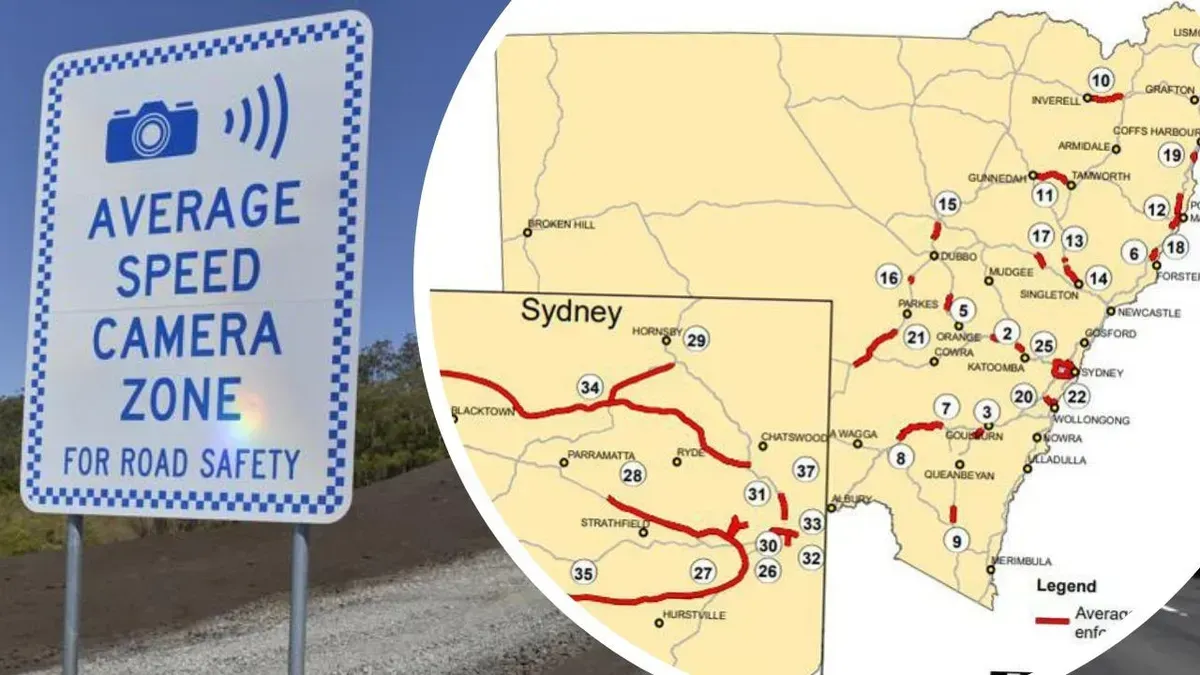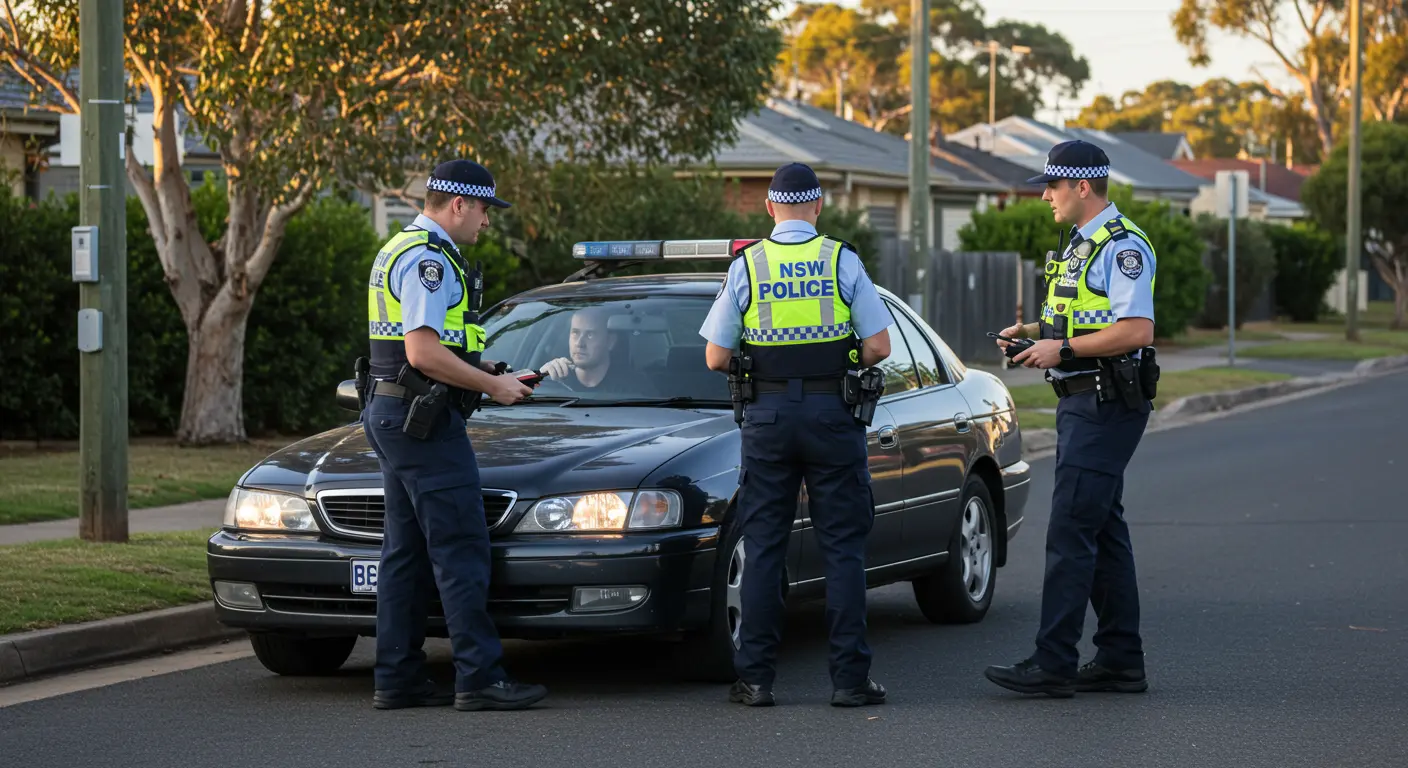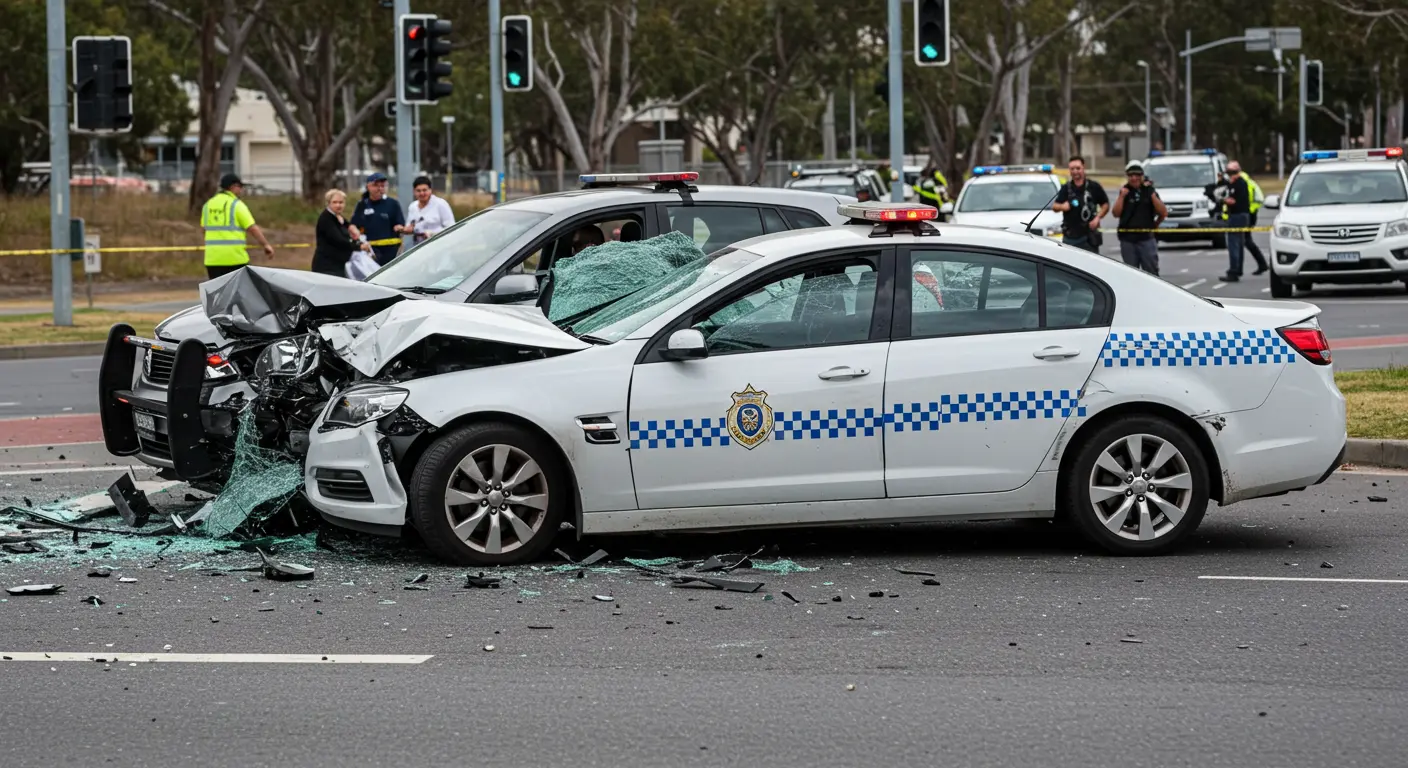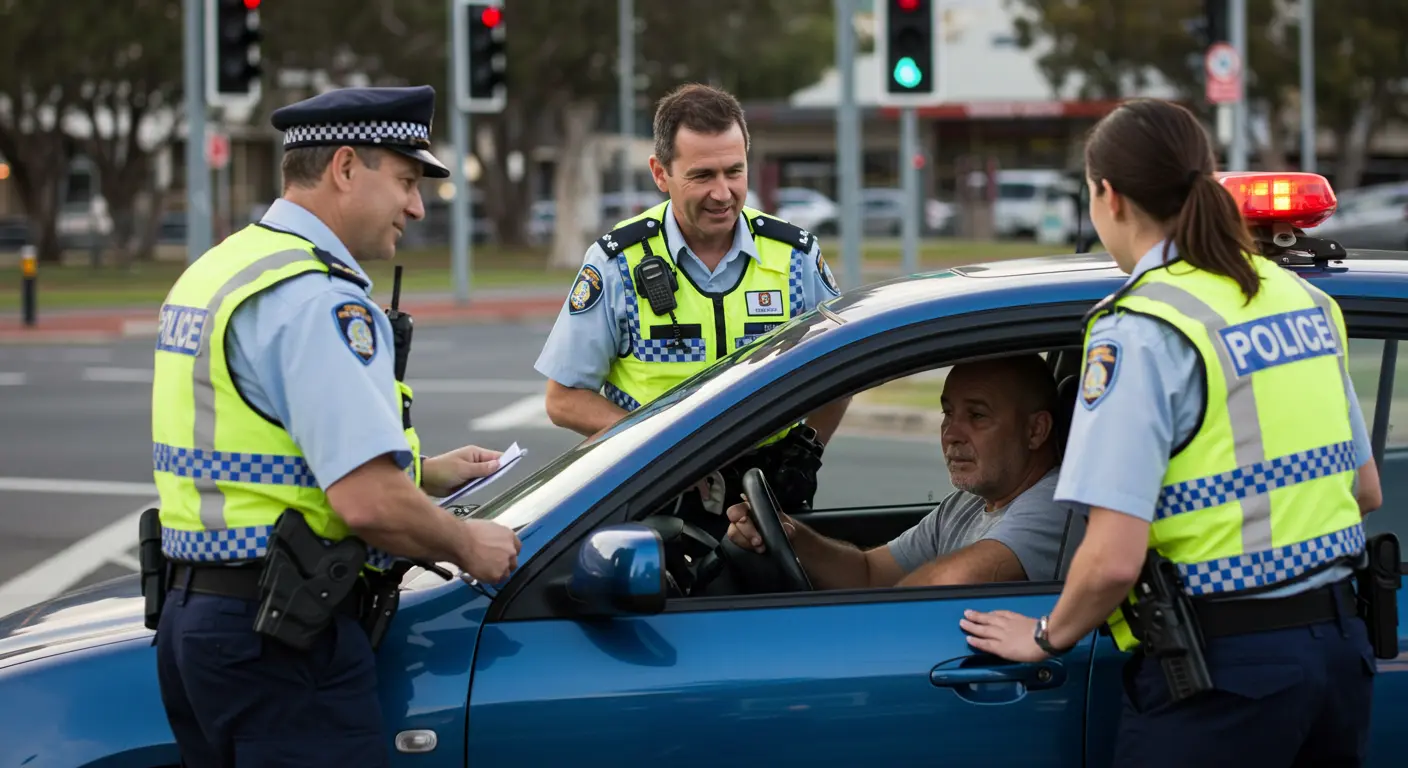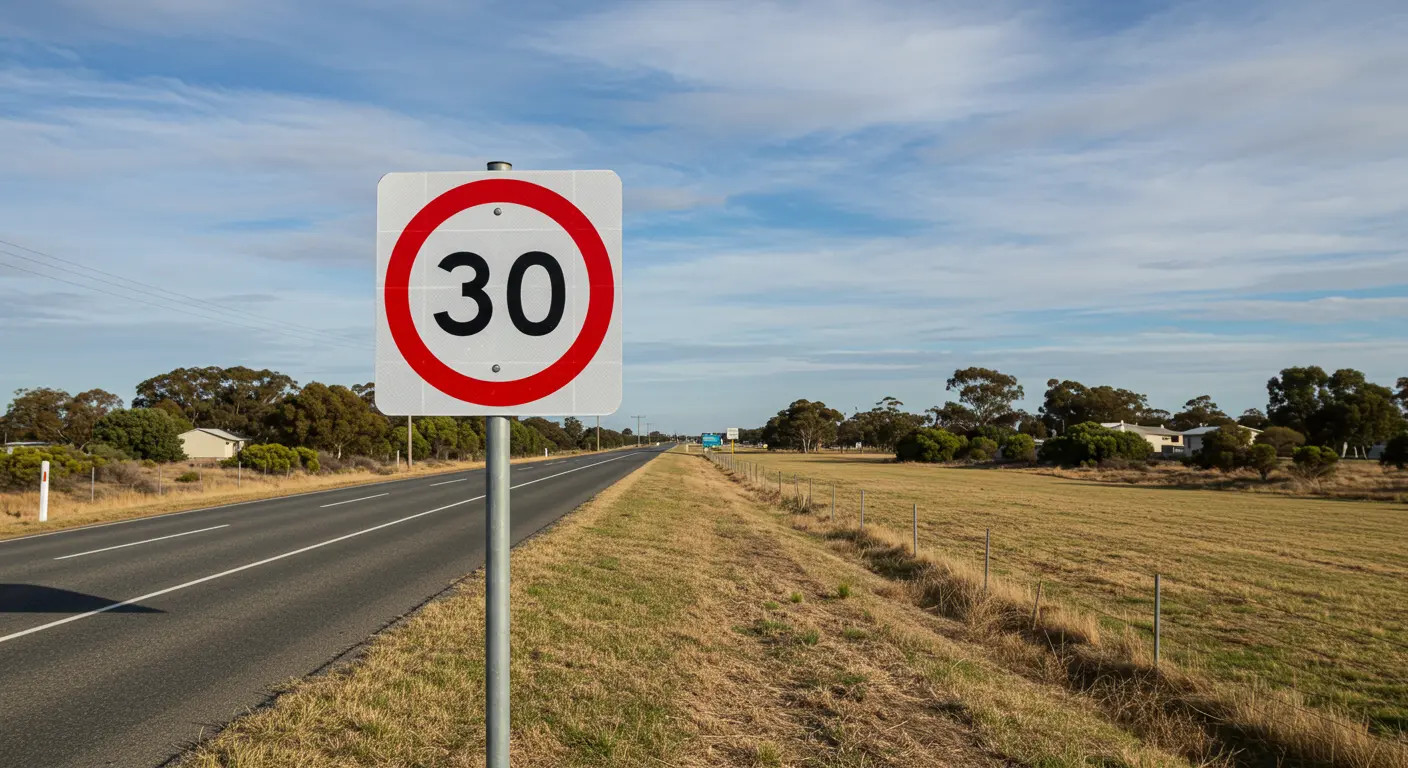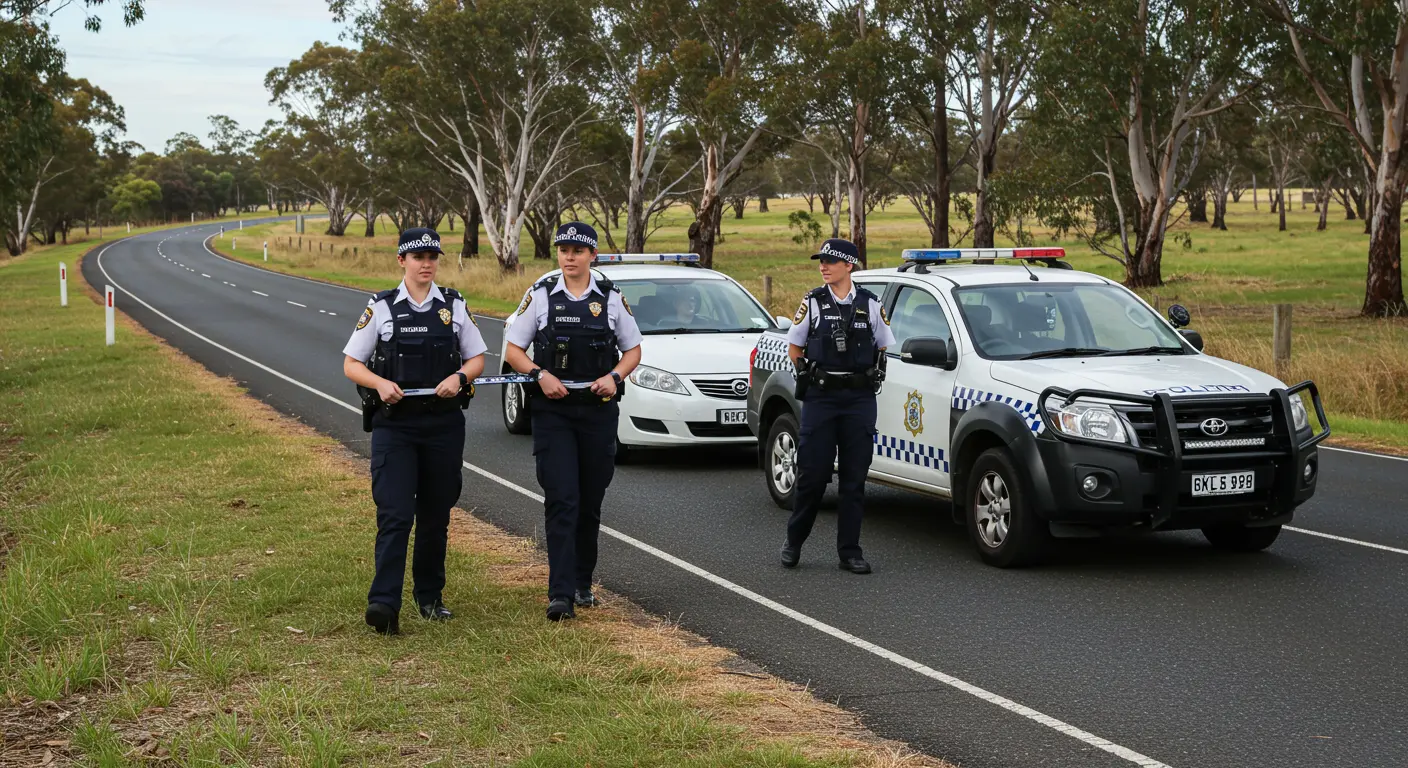The NSW Government has introduced significant new road safety laws aimed at drastically reducing injuries and fatalities on state roads. In a decisive move to curb dangerous driving, especially in cases involving drugs and alcohol, new legislation now requires mandatory testing of drivers and bicycle riders involved in serious injury crashes.
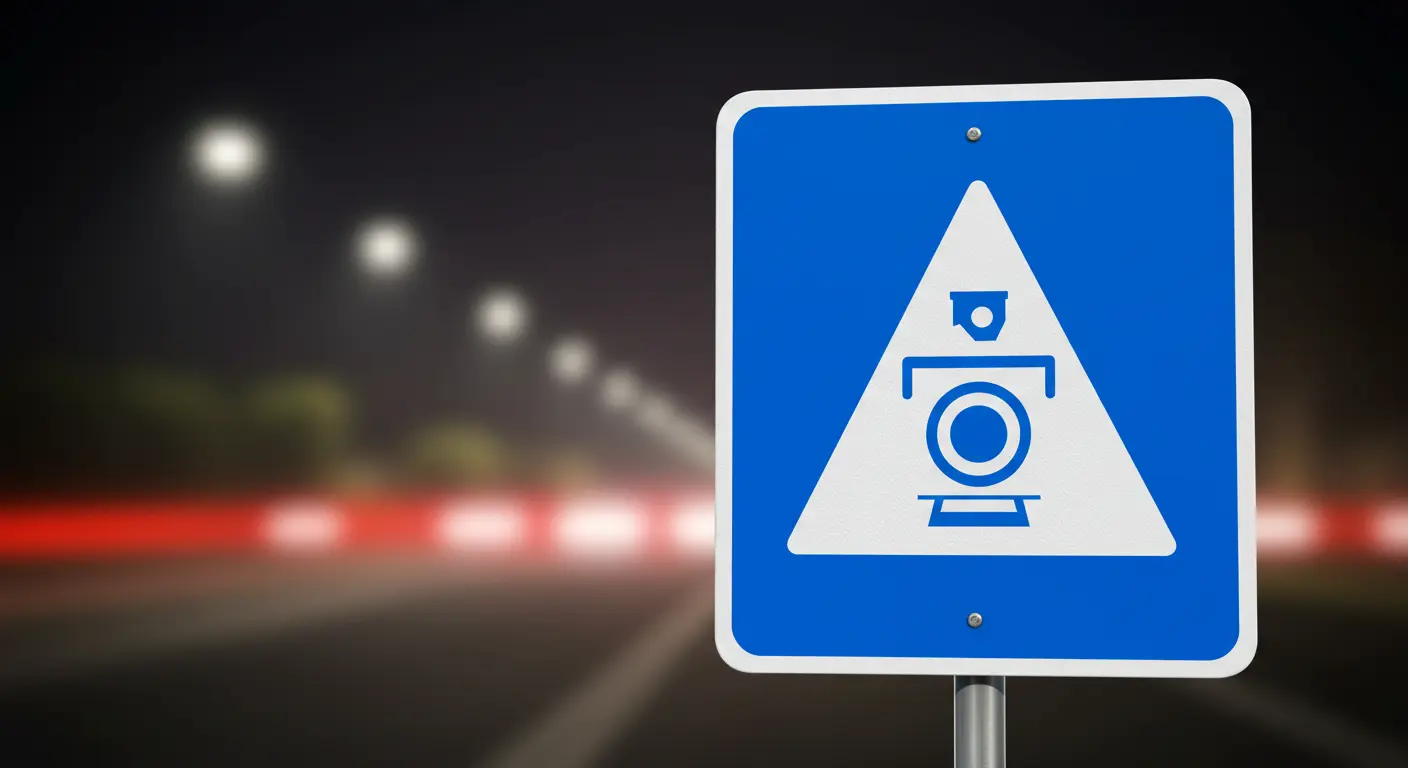
Mandatory Drug and Alcohol Testing Expanded
Under current laws, mandatory drug and alcohol testing applies to drivers involved in fatal crashes. However, the new Bill extends these requirements, allowing police to obtain blood and urine samples from any driver or rider involved in crashes causing grievous bodily harm. This crucial amendment ensures those driving under the influence of drugs or alcohol will face more rigorous legal consequences, aligning with recommendations from the NSW Sentencing Council's report on repeat traffic offenders.
Bicycle Riders Now Included
A significant addition to this Bill is the inclusion of bicycle riders. Cyclists, just like motorists, will now be subject to testing if involved in crashes resulting in fatalities or grievous bodily harm. This step emphasizes the government's commitment to road safety across all modes of transportation.
From "Accident" to "Crash"
Another notable update in the legislation is the shift in terminology, replacing the term "accident" with "crash" in road transport laws. Road safety advocates have long supported this change, highlighting that road incidents involving serious injury or death are preventable rather than accidental.
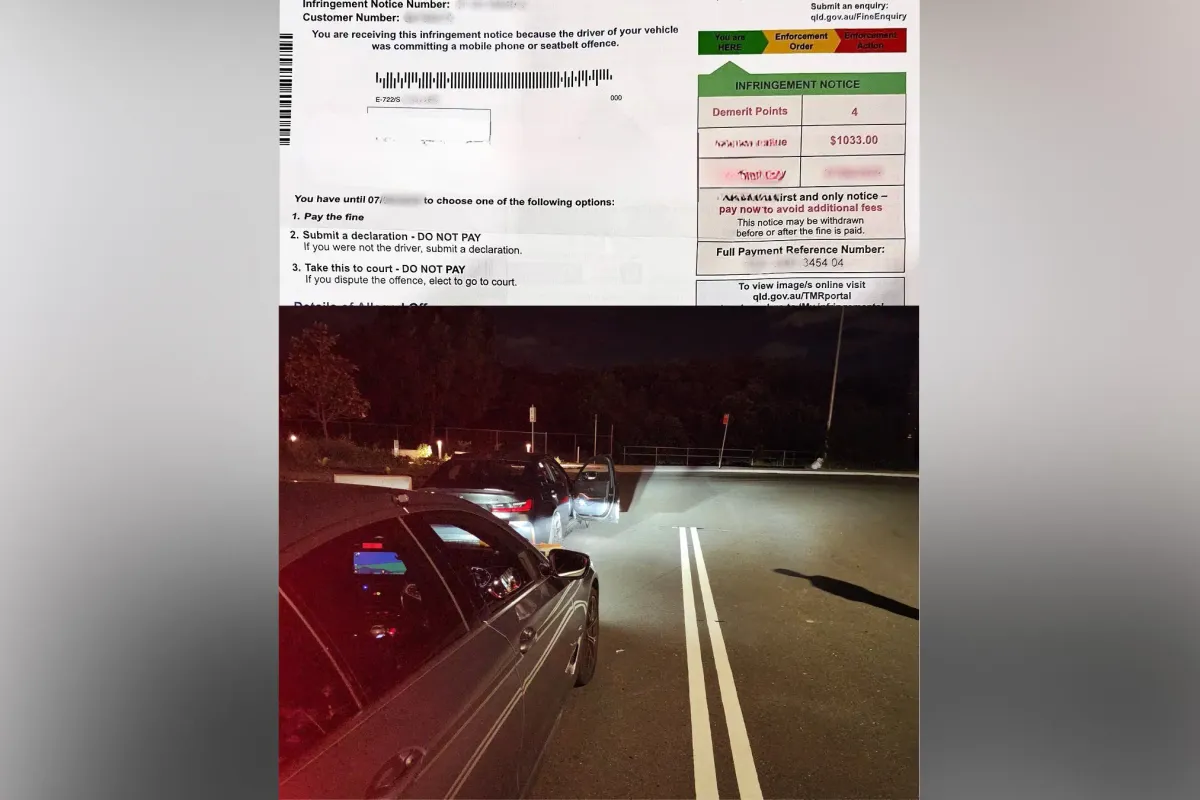
Commitment to Road Safety
These measures are integral to the NSW Government's 2026 Road Safety Action Plan, which targets a 50% reduction in deaths and a 30% decrease in injuries by 2030. Minister for Roads and Regional Transport, Jenny Aitchison, emphasized the importance of these new laws, stating, "The NSW Government is sending a clear message that drink and drug driving is not acceptable and those who engage in this high-risk behaviour will be held accountable."
Minister for Police and Counter-terrorism Yasmin Catley reinforced this message, noting, "Police tell me that the majority of serious crashes they are called to are preventable and not accidents. Changing the language in legislation recognises this reality."
Road Trauma Advocates Applaud Move
The NSW Road Trauma Support Group welcomed the legislation. Duncan Wakes-Miller, a founding member, stated, "These changes acknowledge that criminal road deaths are not random—they are preventable. This Bill is a step forward—but not the finish line."
Wakes-Miller tragically lost his son, Barney, to a drunk driver, receiving only a minor penalty. He stressed, "Road crime must become a social anathema if we’re serious about saving lives."
The new laws underscore the government’s determination to enhance road safety, urging all NSW road users to adopt safer driving practices and contribute to a significant reduction in road-related injuries and fatalities.
